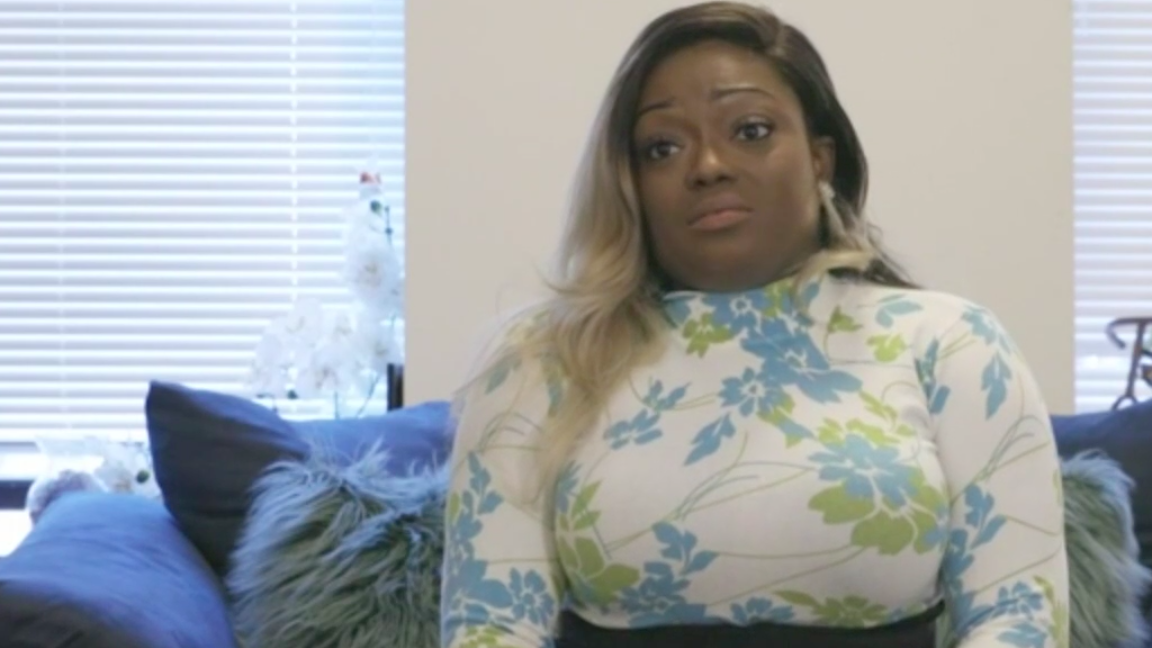A New York mom recovering from COVID-19 has become one of the first donors of plasma toward a treatment.
Tiffany Pinckney was experiencing chills and a fever. She was unable to catch her breath and attempts at deep breathing gave her chest pains. That’s when she made the hard decision to self-isolate from her 9-year-old and 16-year-old sons.
“I remember being on my bathroom floor crying and praying,” Pinckney told the Associated Press.
Pinckney made a full recovery, and when her doctor from Mount Sinai Hospital called to ask if she’d consider donating her plasma to help fight the virus, she didn’t hesitate.
“It’s definitely overwhelming to know that in my blood, there may be answers,” she said.
Pinckney is considered one of the first donors for this experimental treatment. But, even though the need is great, not everyone is considered a viable candidate. Those who’ve been diagnosed with the virus and who've been symptom-free for several weeks must first get tested to ensure the virus is completely gone. They also have to be healthy enough to meet the usual requirements for blood donation.
"You don't want to take plasma from someone who had a mediocre immune response. That wouldn't be helpful," said Dr. Julie Ledgerwood of the National Institutes of Health.
Infusions of blood plasma filled with immune molecules is a centuries-old remedy, according to the AP. Known as "convalescent serum," the treatment was used to fight the 1918 flu pandemic and measles before modern medicine took over. It was an effective treatment because when a body becomes infected, the immune system creates antibodies designed to specifically target the infection. Those antibodies stay in a survivor's blood for months, sometimes even years. But, even though it has proved successful in the past, there’s no guarantee it’ll be an effective treatment for COVID-19.
Chinese doctors recently reported that five patients who were given convalescent plasma showed improvement a week later. However, they had also received other forms of treatment, so it is unclear if the plasma made a difference, the AP reported.
According to the AP, antibody testing has become a global effort. Grifols, a Spain-based plasma manufacturer, is creating a high-dose version in a North Carolina factory that also would need testing. National Institutes of Health researchers are testing survivors' antibody levels to see how strong the vaccines under development must be to work.
A race to find a cure or treatment for the virus arrives as multiple states have made the controversial decision to end shelter-at-home orders. Last month, Georgia Gov. Brian Kemp decided to reopen the state. This was a particularly disconcerting move as 80% of Georgia residents who have been hospitalized with COVID-19 have been Black, as Blavity previously reported.
Dr. David Reich, president of New York´s Mount Sinai Hospital where Pinckney was treated, sees plasma donation as something of a civic duty.
“There´s a tremendous call to action. People feel very helpless in the face of this disease. And this is one thing that people can do to help their fellow human beings,” said Reich.
